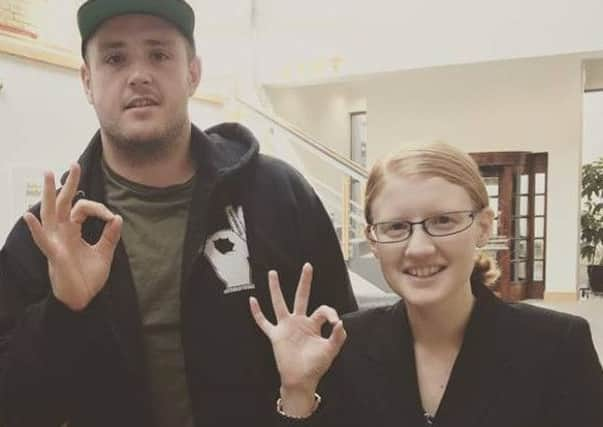Talking politics: Holly Lynch MP


Mental Health has for a long time been the forgotten ‘Cinderella’ service of the NHS.
It’s great that awareness of mental health is improving, led locally by the fantastic campaign run by Luke Ambler and his message that #ITSOKTOTALK.
Advertisement
Hide AdAdvertisement
Hide AdHowever it’s essential that if people need to access NHS mental health care that it’s of the highest quality and there when they need it.
I recently spent a Saturday evening with the out-of-hours mental health services in Halifax who respond to those experiencing a crisis in their mental health.
I’ve done a series of shifts with front line services in Halifax now and have found this to be the best way of understanding what’s working and what’s not and how staff think things could be improved.
The first thing to say is that everyone I met, from the ‘Approved Mental Health Professional’ or AMHP who I was shadowing, to the police officers, the psychiatrists, and NHS staff who I came into contact with that evening were some of the most compassionate and dedicated people.
Advertisement
Hide AdAdvertisement
Hide AdYet their efforts to do their best for those in a crisis were undermined by the failings in the system and more specifically a lack of appropriate beds.
Especially at night, when emergency services are made aware of someone suffering severe mental distress, the police are called as first responders under Section 136 of the Mental Health Act. They may detain someone and bring them to a place of safety in order to be assessed and to establish what the most appropriate course of action is.
There are just two ‘136 suites’ used for assessments in the whole of West Yorkshire, with each suite able to accommodate one patient. One suite is at The Dales facility at Calderdale Royal and the other is in Wakefield.
During my shift in Halifax alone two people were detained under the Mental Health Act, and there was no place of safety available for the second person.
Advertisement
Hide AdAdvertisement
Hide AdStaff explained to me that this wasn’t unusual as there are frequent incidents where some of the most vulnerable people remain in the back of police cars, until an appropriate 136 suite becomes available - sometimes hours later.
Once an assessment in a 136 suite has taken place and a decision has been taken to detain a person for further treatment, there is such pressure for beds in NHS mental health units that there are often none available anywhere in the country.
When a bed becomes available a patient can be taken anywhere in the country and lengthy journeys can all compound what could already be a difficult experience for someone who is at crisis point.
We have to do better than this.
I will be pulling together all of the agencies involved in the situations I witnessed on Saturday night to establish what changes we can bring about locally.
However a durable solution ultimately requires more funding from the Government and more NHS beds to be available nationally.